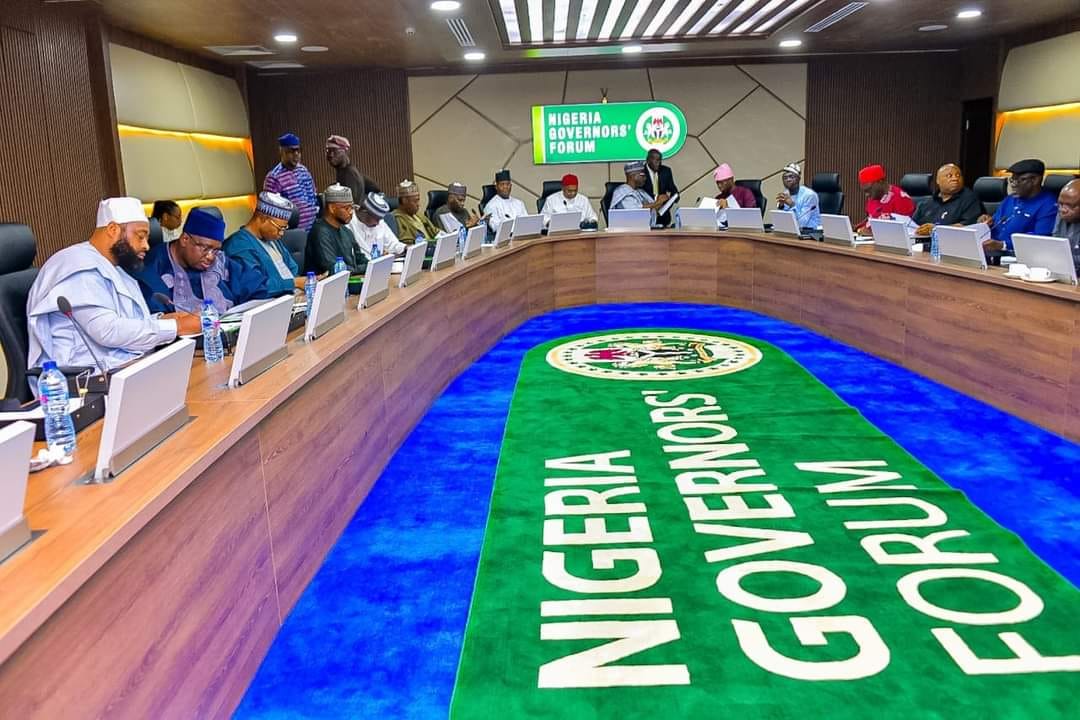Emmanuel Ugwu-Nwogo in Umuahia
Stakeholders in the tourism and hospitality sector have called for the adoption and adherence to standards in order to enhance the growth of the industry in Abia State and the South-east region.
The call was made in Umuahia at the 7th Tourism World International Commercial/Agro-Tourism Conference and Awards held at the Aguiyi Ironsi Conference Hall.
The conference themed ‘Tourism: A Viable Tool for Unlocking Socioeconomic Growth, Community Prosperity and Inclusive Opportunities’, brought together stakeholders in the tourism and hospitality sector across the nation.
The keynote address delivered by Professor Wasiu Babalola set the tone for the conference which highlighted the vital role of standards in the operation of tourism in Abia, and the Southeast zone as a whole.
Babalola, who is a professor of hotel management and tourism at Atiba University Oyo, Nigeria and the Chairman of the SON National Technical/Mirror Committee on Tourism and Related Services, emphasised that standards remain the backbone of a sustainable and competitive tourism industry.
“Without well-defined and enforced standards, tourism services risk being inconsistent, unreliable, and uncompetitive in the global marketplace.
“By prioritising standards, Abia State and the entire South-east region can position itself as a hub of quality hospitality and tourism, capable of attracting both domestic and international tourists,” he said.
According to the tourism expert, standards must cover all aspects of the tourism value chain, ranging from accommodation, food safety, and customer service to destination management, eco-tourism practices, and safety protocols.
For the culture of standard to become a feature of the tourism industry in Abia, Babalola urged operators and regulators in the industry to join hands with relevant government agencies and the Technical/Mirror Committee. He said such collaboration was necessary for developing, adopting, and implementing the set standards when they become available, in line with international best practices.
The university don further called for action, stating that standards were not merely about compliance; they were about building trust, creating value, and ensuring that every visitor to Abia State departs with a memorable, high-quality experience.
The Abia Commissioner for Arts, Culture and Creative Economy, Matthew Ekwuruibe, stated that the government remained committed in its efforts to strengthen the tourism sector as a key driver of economic diversification, job creation, and cultural preservation.
He said that the Abia State government through his ministry had embarked on taking inventory of the tourism sights and assets of the state, adding that their development and commercialisation has commenced.
Ekwuruibe therefore invited the private sector operators to partner with the state in the execution of projects that would boost tourism business in Abia.
In his remarks, the Chairman of the Abia State Hotel Association, Mr. Charles Ezeala, pledged the readiness of hoteliers and other stakeholders to embrace and implement the evolving standards to strengthen service delivery and guest experiences.
Earlier in his address, the Founder and Executive Director of De World Tourism International, Mr. Solomon Uwakwe, whose firm organised the conference, stated that it was meant to provide a platform for dialogue and exchange of ideas.
He described tourism as a potent tool for socioeconomic development hence knowledge sharing, collaboration among stakeholders, and public-private sector partnerships were needed to drive the sector.
“Abia State and the South-east have immense (tourism) potentials, but only through adherence to global best practices can we fully unlock the economic and cultural benefits of tourism,” Uwakwe said.
The conference drew participants from hotel operators, travel agencies, tour operators, creative industries, cultural custodians, agro-tourism enthusiasts, non-governmental organisation executives, international facilitators, and tourism regulators.


